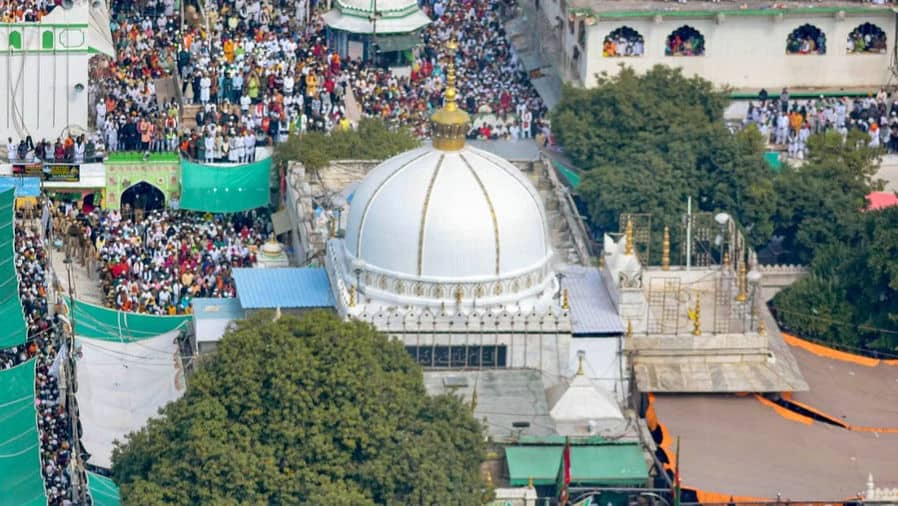
New Delhi: In a clear warning to the Supreme Court, the All India Muslim Personal Law Board (AIMPLB) expressed its anger over the Ajmer court’s decision to hear a petition that claimed that there might be a presence of a Shiva temple under the Ajmer dargah.
The AIMPLB urged the Supreme Court to intervene and stop such petitions from moving forward and to ensure that the Places of Worship Act, 1991, is implemented strictly, warning that failure to do so could lead to an “explosive situation across the country” and that they will not be held responsible for any unrest.
Stop Opening Doors To Such Pleas, AIMPLB Warns SC
“Additionally, it is the responsibility of both central and state governments to strictly enforce this law passed by Parliament. Failure to do so could lead to an explosive situation across the country, for which the Supreme Court and the central government would be held accountable,” an official statement issued by AIMPLB said.
The Muslim Law Board said that this is a blatant mockery of the law and the constitution.
“Such claims are a blatant mockery of the law and the constitution, especially in light of the existence of the Places of Worship Act, 1991. This law, enacted by Parliament, clearly specifies that the status of any place of worship as of August 15, 1947, shall remain unchanged and cannot be challenged. The intent was clear to prevent any further targeting of mosques or other religious places following the Babri Masjid case,” AIMPLB said in a statement.
AIMPLB also questioned the recent surveys that were held at the mosques with the permission of court. They also highlighted the issue of Gyanvapi mosque in Varanasi.
“However, it is deeply unfortunate and shameful that after the claims on Gyanvapi Mosque in Varanasi, ShahiEidgah in Mathura, Bhojshala Mosque in Madhya Pradesh , TeeleWali Masjid in Lucknow, and Sambhal’s Jama Masjid, a claim has now been made on the historic Ajmer Dargah,” an official statement said.
CJI Must Intervene
The Muslim Law Personal Body urged SC to intervene as such petitions and stated that such petitions and surveys are in contravention of the Places of Worship Act, 1991.
“Yet, when the lower court accepted the claim on Gyanvapi Mosque, the Muslim side approached the Supreme Court, arguing that such a claim should not be entertained given the Places of Worship Act. The court, however, softened its stance and allowed the survey, stating it did not violate the 1991 law. This has led to subsequent claims on Shahi Eidgah in Mathura, TeeleWali Masjid in Lucknow, and now the Jama Masjid in Sambhal and Ajmer Dargah,” the release issued by AIMPLB said.
“Chief Justice of India to take immediate SuoMotu action in this matter and direct lower courts to refrain from opening doors to any further disputes,” it added.





